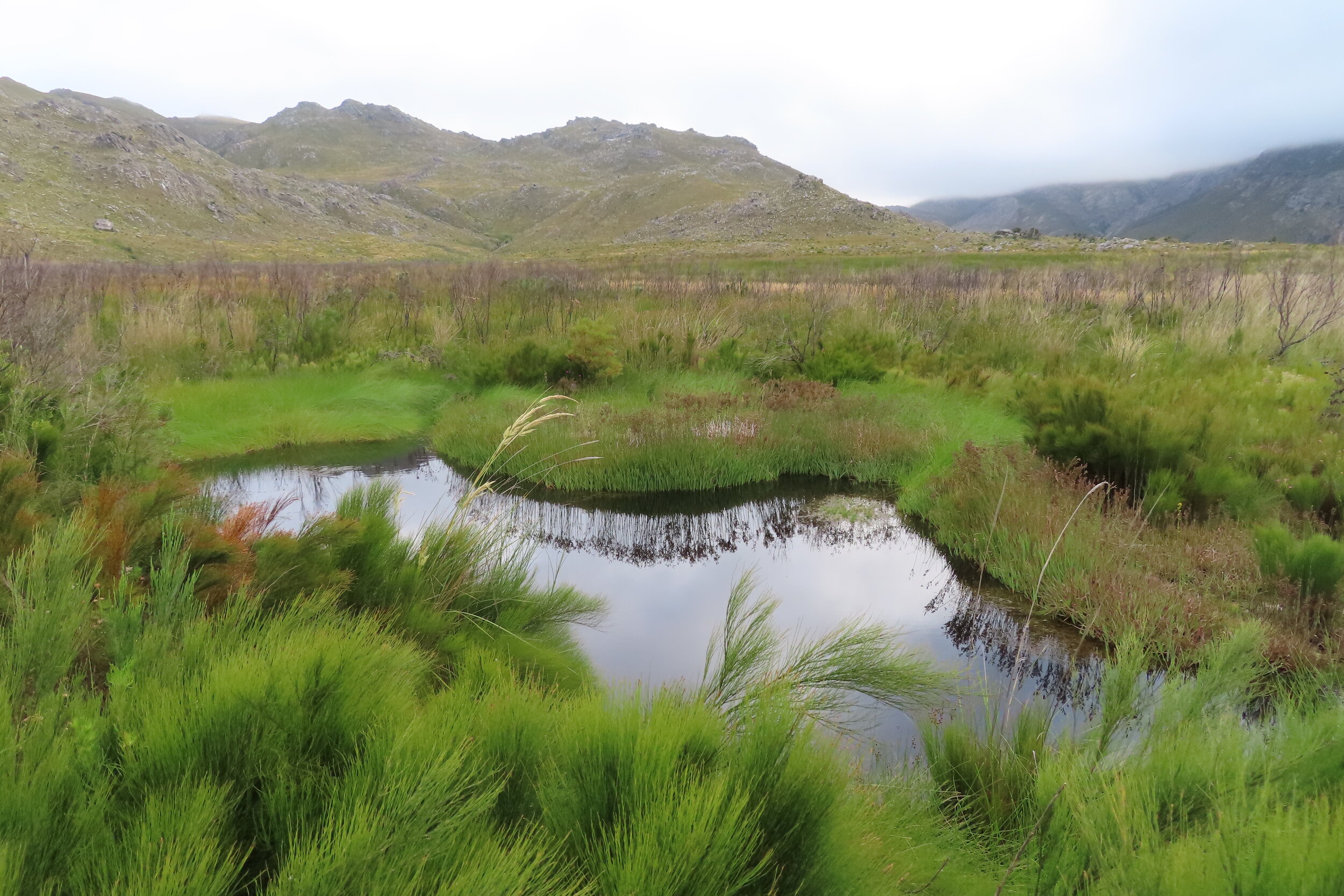Insights from UNESCO’s Biodiversity Forum
2021 is considered a monumental year for biodiversity with important commitments and targets being set at several major global environmental conferences, including the World Conservation Congress and COP 15. Leading up to these important decisions, UNESCO’s Biodiversity Forum was held online on the 24th of March, bringing together high-level stakeholders and actors to discuss current global environmental challenges and possible ways forward.
Many distinguished guest speakers from around the world gathered to speak about topics ranging from biodiversity loss, the health of our oceans and how to bring about transformational change. Throughout the discussion sessions, four recurring themes emerged: 1.) rethinking our relationship with nature 2.) the need for collective global action 3.) Science as a tool for change and 3.) involving youth in discussion and decision-making.
Rethinking our relationship with nature
Dr. Jane Goodall, the nominated spokesperson of the 50th anniversary of the Man and Biosphere (MAB) Programme said during the Forum, “It’s very clear, we need to develop a new relationship with the natural world… a new, respectful relationship with nature and a new, greener and more sustainable economy.”
Scientists and those in the environmental sphere have long since acknowledged the importance of the interdependence between people and nature. In fact, this was one of the founding principles that UNESCO’s MAB was founded on, five decades ago. However, the global pandemic has once again highlighted the importance of this relationship to mainstream society. Therefore, an active global effort must be made, across all sectors of society, to find new ways of living in harmony with nature.
The need for collective global action
Pope Francis passed on an important message about claiming responsibility for our environmental challenges stating, “Climate change should be seen as much more of a moral than a technical issue”.
We should recognise the twin challenges of biodiversity loss and climate change as universal issues. Too often the finger is pointed at developed nations or big corporations to answer for their wrongdoings. There is the expectation that these entities must be solely responsible for cleaning up this mess, however, it is far too late for this mindset. Instead, all nations and sectors of society must work in partnership to reach global targets.
This includes action taken at the individual level too as we all have a role to play and individual choices have the power to instigate positive change. It is also crucial that we stop thinking in silos and encourage collaboration amongst multiple stakeholder groups, across scales in order to produce meaningful solutions.
The Importance of Science in creating change
Several speakers noted that Science should be used as a tool to develop more sustainable solutions and drive better policy. We first need to understand the scale and complexity of global threats in order to know how to go about tackling them. Therefore it is crucial that we develop widely-accepted, science-driven policy as “science and scientists supported by policymakers and industry can offer solutions from the very local level to systemic and global arenas.”
Furthermore, humankind’s incredible capacity to innovate means that we have the ability to address and reverse the negative impacts we have brought about to our planet. UNESCO’s World Network of Biosphere Reserves (WNBR) should be increasingly looked at in this case as they serve as hubs for interdisciplinary scientific research and a means to connect different actors.
The Importance of Youth
Finally, The importance of youth involvement in discussions surrounding biodiversity conservation and the climate crisis was echoed throughout the Forum. The Closing statement was given by Xiaoge Ping, a MAB Youth Spokesperson from China, who noted that “nowadays, the voices of young people are more valued by decision-makers given that youth have the ability to reshape our future and the motion to change.”
This once again highlights MAB’s intention of paying special attention to youth and encouraging them to become actors of change within their communities.
These four themes serve as key steps needed to be taken to enact the change necessary to reach global biodiversity targets in years to come. UNESCO’s WNBR will surely play a crucial role in helping to carry them out on the ground level. The CWBR looks forward to assisting in these endeavours!
Theewaters Kloof. Photo by C Macdonald

